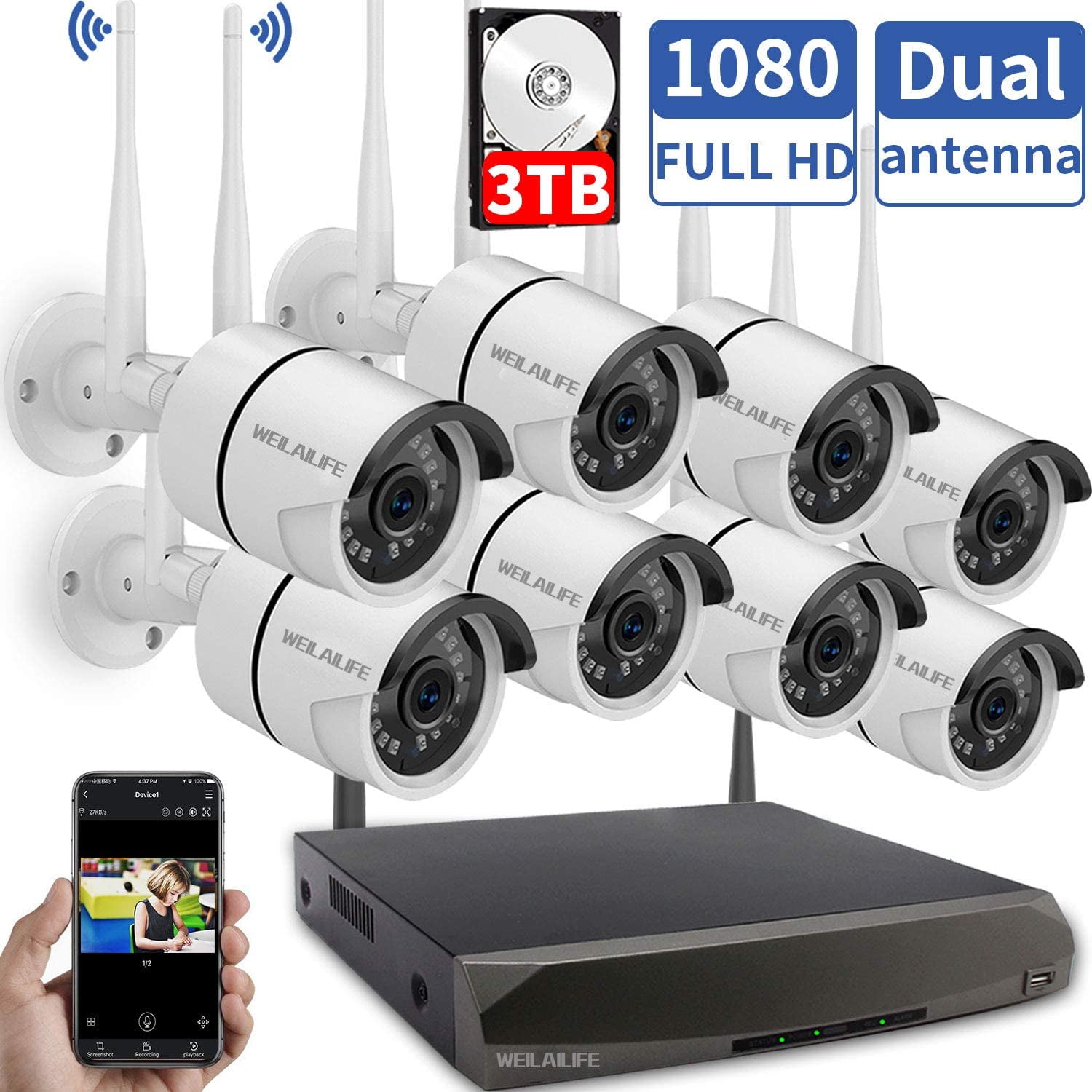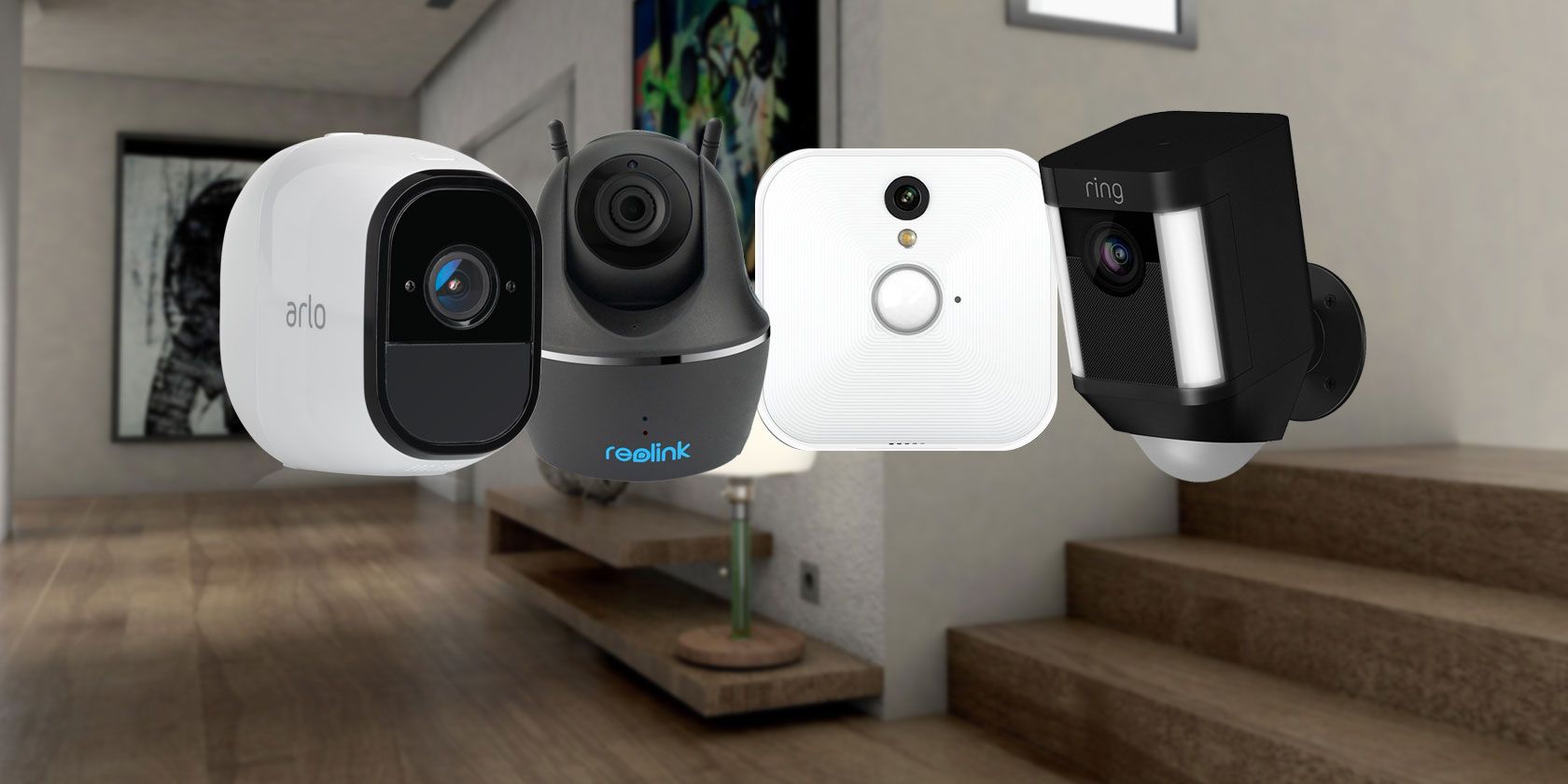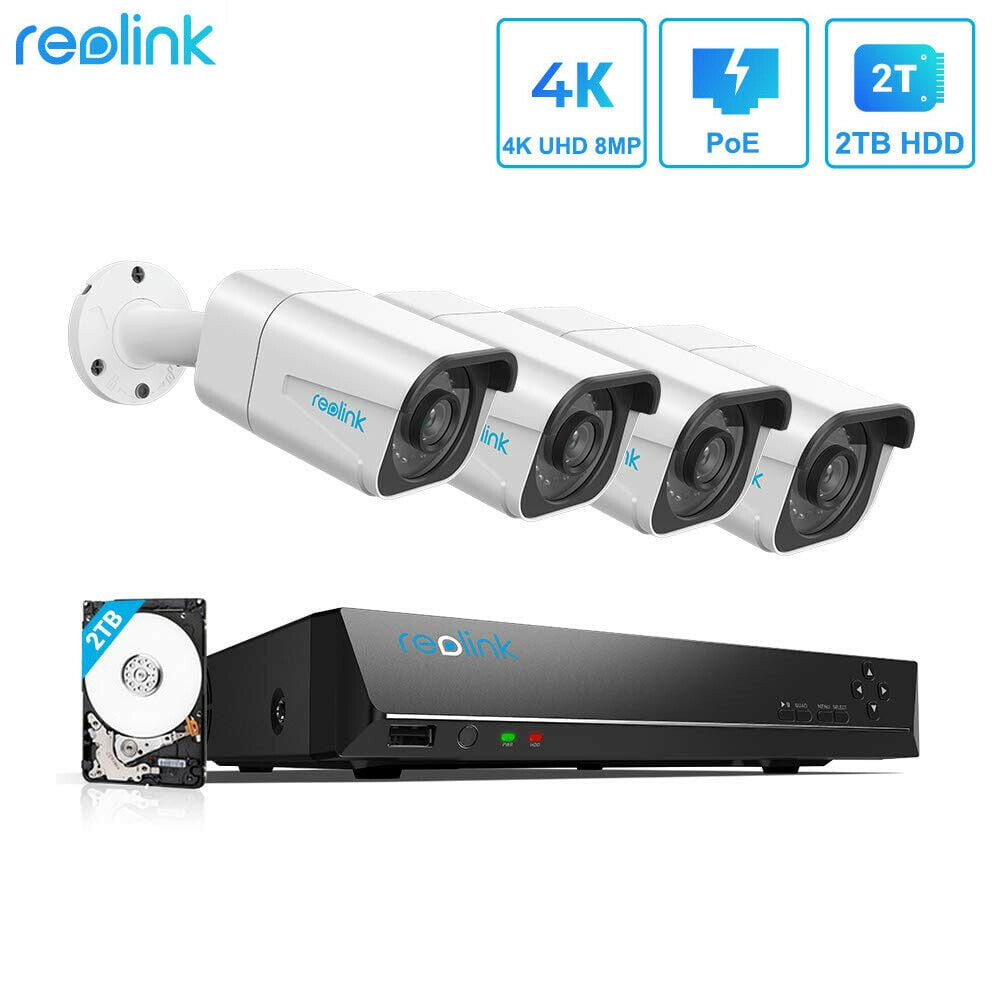Table of Content
The wireless signal passes through walls made of drywall and wood studs. But denser building materials like brick or concrete blocks can impede the signal. Once the Wi-Fi receives the signal, it is sent to a cloud server, where footage can be viewed in real-time or it is archived for later viewing.
Many wired cameras can transmit up to 1,000 feet without interference. Even if you’re an experienced electrician, it’s best to have these cameras professionally installed. Outdoor home security cameras also have a 130-degree field of view or more.
When to use a wireless security cameras
With Google Assistant and Alexa integration, it slips right into smart home setups. Now that you’re familiar with what to look for in a security system, let’s consider in more depth the benefits of using a wired system. Installing a security system is a great way to help better protect your home or office. That’s why it’s important to do your homework when it comes to deciding what type of system best suits your needs and budget. You have to drill holes in walls and ceilings if you want to place your camera somewhere that isn’t within the distance range of where you placed your DVR. Indoor cameras can monitor a large square area inside your home because they have a dome shape that gives them a wide-angle field of view.
A wireless security camera is likely the better option if you’re looking for a camera that will be a part of a larger smart home security system. A wireless security camera is currently the most sought after selection due to its effortless setup. The majority of the systems under the catalog take less than an hour to set up, including the mounting and configuration process. Wireless security cameras are more common in residential areas, likely due to the ease of installation and lack of messy cables.
Try Reolink Argus 2 Battery Powered Wireless Outdoor Security Camera
It’s true that 24/7 recording can be a power draw, but likely not enough to create a significant difference. If your living situation changes, it’s easy to transport your wireless security system to a new place. Wired systems can send strong signals over a large space, like a big house or office building.

Check out our full review of the best wireless security cameras and best solar-powered security cameras. If you’re interested in a camera that’s professionally monitored, read our take on the best wireless home security systems. In terms of wired security cameras, because of trailing cables, wired security cameras cannot be easily moved or re-positioned after they have been installed. In this aspect, wireless security cameras are better than traditional hard-wired security cameras. Buying security cameras for your place of business then wireless is the way to go since they are very easy to install, move around, and don’t require any cables. However, if you want a high-quality image or plan on putting your security cameras inside or outside your house, then you are better off getting wired security cameras.
Audio and Video Quality
Times shown below in a format that should be easy to copy & paste to other programs. Although we do everything possible to prepare for the crowds, there may be waits at various points of your journey through the airport. We therefore ask you to help us speed up the process by thoroughly preparing for your outbound and return trips. If time is of the essence for you, consider which type of system might be faster to deal with. You have to run the cables yourself, which can be tedious and expensive.
Traditional hard-wired analog security cameras need 2 cables, one for power and one coaxial cable connecting to the DVR for data transmission. The main downside to wireless security camera systems is potential connectivity issues. If your Wi-Fi drops or another signal interferes with yours, it can affect the camera’s operation. If you’ve ever been watching Netflix and had your internet signal drop, then you know how finicky Wi-Fi can be.
Q 5. Is ADT Security Cameras Wired or Wireless?
Installing wired security camera systems is a time-consuming process, as it requires drilling holes all over the walls to fix the low voltage wires. Of course, many rental spaces will not allow this in the first place, so always check with your landlord before taking the plunge and investing in wired security cameras. You can place wireless security cameras anywhere you want since they don’t require cables or wires. That’s why wireless systems are great for smaller property owners who don’t need more than one or two cameras. Both wireless security cameras and wired cameras can be valuable tools to improve the safety of your home and give you peace of mind. However, a wireless security camera will work with all of your smart home devices.

That can include smart locks to protect your door, sensors to detect any unexpected activity and security cameras to keep an eye on it all. A wired system does not allow signal interference from wireless devices nearby, but a wireless system does. The only interruption possible with the circuit of a wired system is the cutting of the connecting wires. Doing this triggers an alarm signaling that the circuit has been broken. On the other hand, security cameras with “steady-state” capabilities consume five to fifty kilobits per second . Other gadgets also connect to the internet in the same space, making Wi-Fi with at least 10 Mbps upload and 20 Mbps download speeds the minimum.
A wired system must be hardwired throughout the house with each camera connected to the central monitoring or recording unit. This hardwiring means drilling through walls and ceilings, climbing through insulation, and threading wires down walls. It is a job best left to professional installers and electricians. The battery life of wireless cameras can be a pain since you have to change it out every few months. Wireless security cameras are not as reliable since they have a limited range compared to wired ones.

But the appeal of these cameras is that they’re really easy to install by yourself. A variety of tabletop cameras exist too, which are perfect for renters. You can get more details in this post to see how security cameras get power. If you wanna dig further into Cat 5 or 6 security cameras, you can read this blog written by Olivia, an experienced tech editor of Reolink.
A wired camera system may be best for you if you don’t mind doing some work on the front-end for the long-term benefit of system reliability. The Reolink E1 Pro offers superior Wi-Fi connectivity because of its dual-band capabilities. It has an exceptional 1440p video resolution and infrared technology that delivers crisp images in low-light conditions from 40 feet. Future wireless protocols and technology upgrades dictate a move towards 5 GHz systems.

It’s difficult to tamper with wired security cameras without having direct access to them. There are many pros and cons to both types of security cameras, and because of this, some people prefer a wired system while others prefer wireless. Outdoor security cameras are weatherproof and might have security features like alarms that help them ward off burglars. For example, Vivint’s Outdoor Camera Pro uses Smart Deter technology that plays a loud sound and illuminates its LED ring if someone lingers too long. The floodlight cam shines a light that fills your yard when motion detection sensors pick up movement.

No comments:
Post a Comment